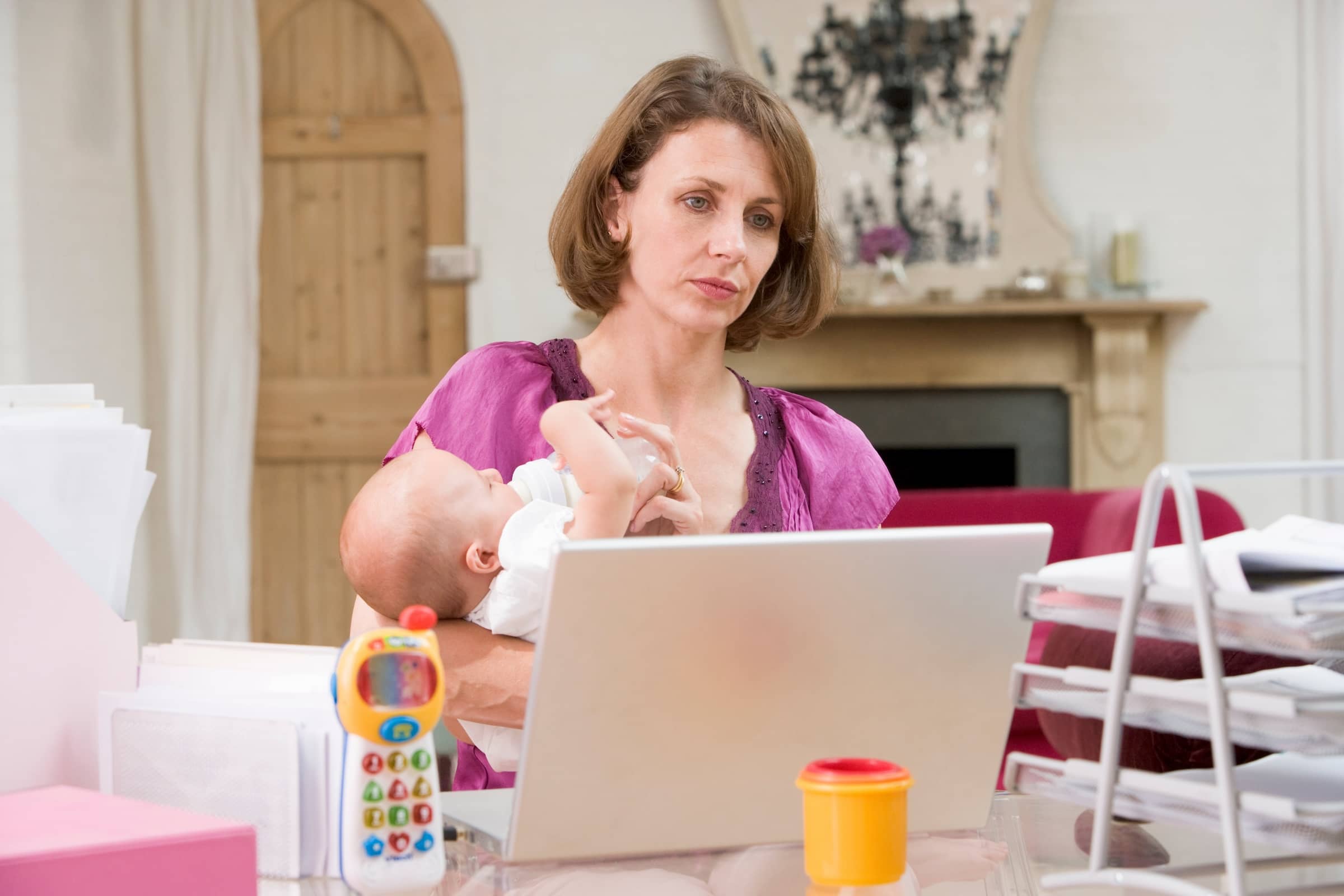The annual survey of 3,000 working parents shows pressure is mounting on working mothers and support from employers has noticeably dropped in the past 12 months.
Despite the perception that there is greater awareness of gender inequalities in the workplace, the report shows deepening disparities, with working mothers feeling the weight of responsibility far more than working fathers – with evidence that this is having a detrimental impact on their work and home life, as well as their mental health.
74% of working mothers surveyed say they carry the mental load for parenting, compared to 48% of working dads, with 53% of women worried about the cost of living compared to 36% of men, and 31% of women concerned about burnout vs 19% of men.
Although the mental load is often shared to some extent, mothers still tend to bear more of the mental load of household and family responsibilities than fathers.
Gender inequity goes further at work too; working mothers feel less able to progress their careers while working flexibly than working fathers do (63% vs 71%).
Time off to cover last-minute and emergency care is also high, with 67% of working parents taking an average of 4 days off at short notice in the last 12 months, and over 3 in 10 (32%) needing 5 or more days off.
49% of parents used annual leave to cover the time off, with fathers more likely to use annual leave (54%) and mothers more likely to use unpaid leave (51%).
Jennifer Liston-Smith, Head of Thought Leadership at Bright Horizons, comments: “The results of this year’s Modern Families Index are worrying to say the least.
We would prefer to be reporting on progress – as we have in this research across the last decade and more – but something seems to be shifting in the wrong direction and pressures are clearly taking their toll, particularly on working mothers.
“We have always encouraged employers to provide equal support to parents of all genders.
This year, the data forces us to speak out about the disproportionate pressures felt by women.
The growing disconnect between the support required by working mothers and the support they currently receive is alarming and employers need to be moving forwards, not backwards, in enabling employees to combine career with family life.
“In the 21st century, both women and men fully expect to be able to combine a successful career with raising a family, and it’s up to employers to put provisions in place to help working parents to excel in their roles around childcare and other responsibilities.”
Download the full report here.
